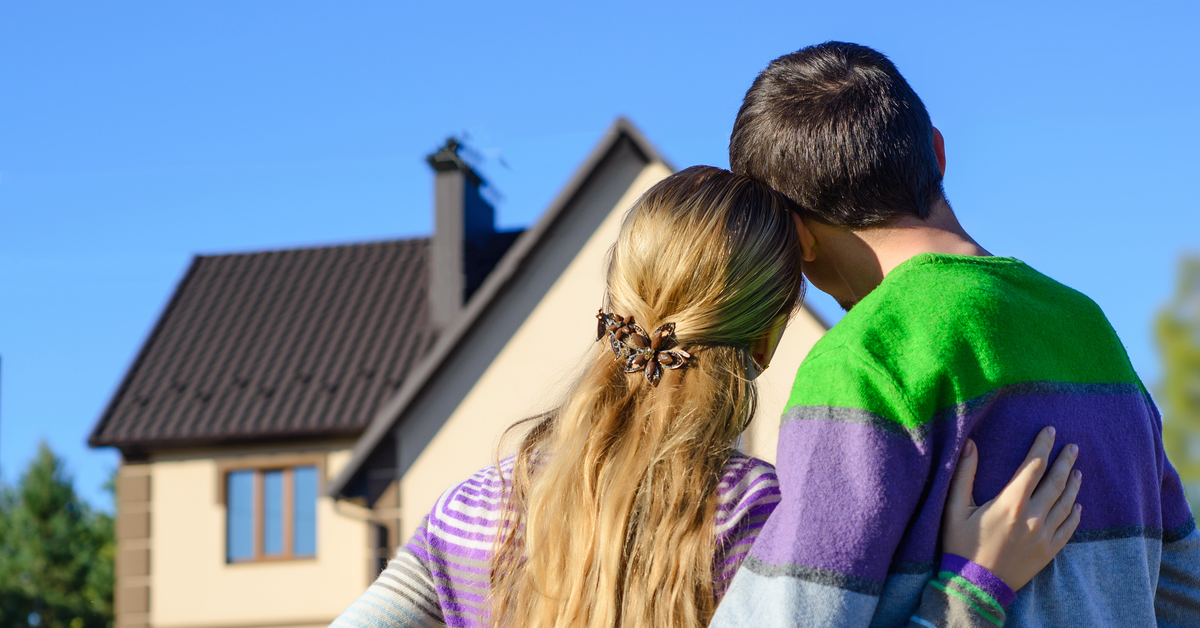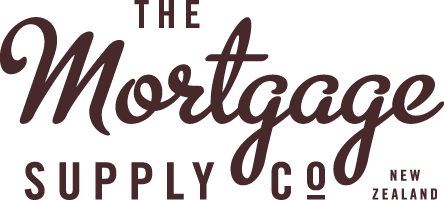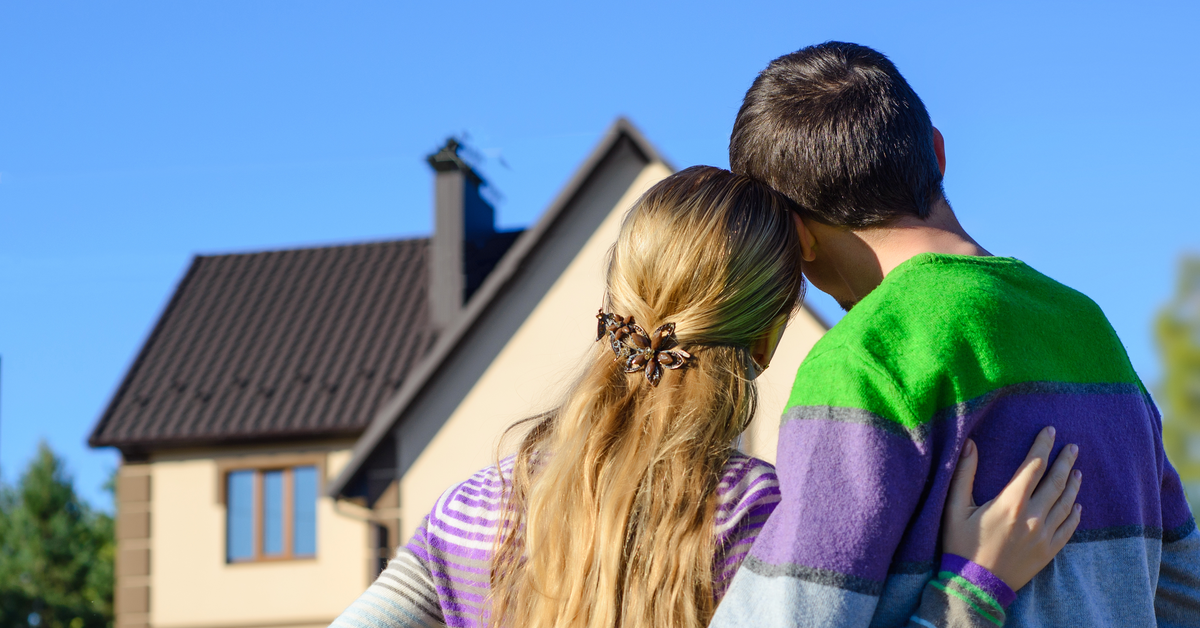
There comes a time in a lot of Kiwi's lives where they begin mulling over the possibility of owning there very own slice of New Zealand and become interested in buying their first home. For many New Zealanders, this can seem like a bit of a far-fetched dream...
It's no secret that getting into your first home can be quite the challenging feat, with a competitive housing market to contend with, the high price of houses forcing mortgages upwards and the fundamental difficulty of saving for a deposit while you're still paying rent and covering your own living costs.
Don't worry though, your very first home might not be as far away and unattainable as you think. There are a few handy loopholes to be aware of here in New Zealand that may loosen the tight-hold on your finances, just enough to get you into your first house.
It might not be your dream home straight off the bat, but with a few of these tips and tricks, it may just be yours.
- Using your KiwiSaver
- KiwiSaver First Home Grant
- First Home Loan (5% Deposit)
- Special Interest Rates
- Using a Guarantor
- Gifting
- Shared Ownership Programme
- Rent to Own Programme
Using Your KiwiSaver
If you've been a contributing member of the KiwiSaver Scheme for at least three years, you may be eligible to withdraw your savings to put towards purchasing your first home.
Typically, you'll be allowed to withdraw the sum of:
- your contributions.
- your employers contributions.
- returns from your investments.
- Government contributions.
All providing there is a minimum balance of $1000 left in your KiwiSaver account. If you've been putting money towards this for a few years now, you're likely to have a decent little nest egg to get you started on your first-home buying journey.
Note: If you transferred money from an Australian superannuation scheme to your KiwiSaver account, you can’t withdraw that money to purchase a home.
KiwiSaver First Home Grant
Did you know that Housing New Zealand administers 'KiwiSaver HomStart Grants' to eligible KiwiSaver contributors looking to purchase their first home?
The main prerequisites required to relieve a grant towards your first home are:
- contributing of the required minimum amount made to KiwiSaver for at least three years.
- a household income (before tax) of less than $85,000 per year (for one person), or less than $130,000 per year (for two or more people).
- have a deposit that is 10% or more of the purchase price, including the addition of the grant.
- be planning to live in the house for at least 6 months from the settlement/completion of the property.
If you tick all of the boxes and your application for a grant is approved, you'll receive between $3000 to $5000 if you're purchasing an existing home, and up to $10,000 for each member in the KiwiSaver scheme purchasing a brand new property or land to build a new property on.
You can check out further details on First Home Grants, here.
First Home Loan (5% Deposit)
The typical minimum deposit for a home loan in New Zealand is 20% of the total cost of your purchase. However, with the acknowledgement of 20% being an increasingly difficult sum to come up with considering the skyrocketing price of houses in our NZ cities, Kainga Ora (Homes and Communities) has designed a scheme that means first home buyers only need to come up with a 5% deposit if they're eligible and backed by the Government.
In addition to your lenders' criteria (and not all lenders will be participating in this scheme, so make sure to ask), you'll need to:
- have a maximum yearly income of up to $85,000 (before tax) for 1 person. Or a combined maximum yearly income of $130,000 (before tax) for 2 or more people.
- Have saved a minimum 5% of the purchase price of the house you are wishing to buy.
- Be purchasing a house that is sold at less than the regional house price cap.
- Be a first home buyer.
The difference of 15% (between a 20% and 5%) deposit is substantial for most first home buyers. If you put that into context, for a home selling for $600,000, you'll only need a deposit of $30,000, as opposed to $120,000.
To read more or apply, check out further information on the scheme here.
First Home Buyer Special Interest Rates
If you haven't been a part of the KiwiSaver scheme for over three years, or your house or income exceeds the thresholds for the aforementioned grants, you still have the option of First Home Buyer Special Interest Rates that are set by lenders (usually banks) across the country.
A great example is the current ANZ 3.39% p.a. 18 months fixed home loan, which sits slightly below the average fixed term mortgage rates in New Zealand. There are many versions of this from bank to bank, usually with the stipulation that your day-to-day account is opened with your selected lender and you have 20% equity to put towards your new home.
Using a Guarantor
A guarantor offers their own assets as collateral for the loan – for a mortgage this will mean they offer their house as collateral. Usually parents offer to be guarantors for their children to help them get into their first home, but anyone can be a guarantor so long as the lender is willing to have them.
If you use a guarantor and you fail to make your mortgage payments, they'll be required to make the payments on your behalf, or possibly sell their asset (home) to cover the lost costs.
Gifting
If you are in a fortunate enough position where your family can financially support you by offering a gifted sum of money towards your home, this is an excellent option to make use of as the higher your deposit, the less interest you'll incur. If you have been gifted a sum of money, you'll need an official letter of statutory declaration signed by the family member gifting you money that states clearly that you're not required to make any repayments, and proves to your lender that the money is yours.
Shared Ownership Programme
If you're not convinced you'll be able to gather enough money to make a deposit on 100% of the value of a house, it's a good idea to consider applying for the New Zealand Housing Foundation's Shared Ownership Programme. Under this model, you'll purchase a share of a property at a price point you can afford, while the remainder is owned by the foundation. Both parties will be represented on the property title.
Here's how this structure might look:
- Property's market value (for example only) $650,000
- Household buys 70% of the property with their mortgage and deposit $455,000
- New Zealand Housing Foundation's ownership amount is the remaining 30% $195,000
There are a few qualification requirements for this scheme which you can read in full, here.
Rent to Own Programme
If your your total household gross income (before tax) lies between $65,000 - $95,000 per year, you might be eligible to enter the New Zealand Housing Foundation's Rent to Own Programme.
In this arrangement, you'll occupy a new home built by the foundation and pay the equivalent of a fair market rent (based on your total household income before tax). You'll be enrolled in a programme to help you join KiwiSaver and clear your debts, as well as take a 25% cut (this varies) of the increase in property value over 5-years of renting, which you can use towards the deposit of your own home.
Seek Advice on Which Options are Right for You
Navigating these various schemes, programmes and financial options can be challenging territory if you've never been through the home buying process before. We're more than happy to help you out and work with you to plan how to get you into a home on your own.
Just get in touch, below!










